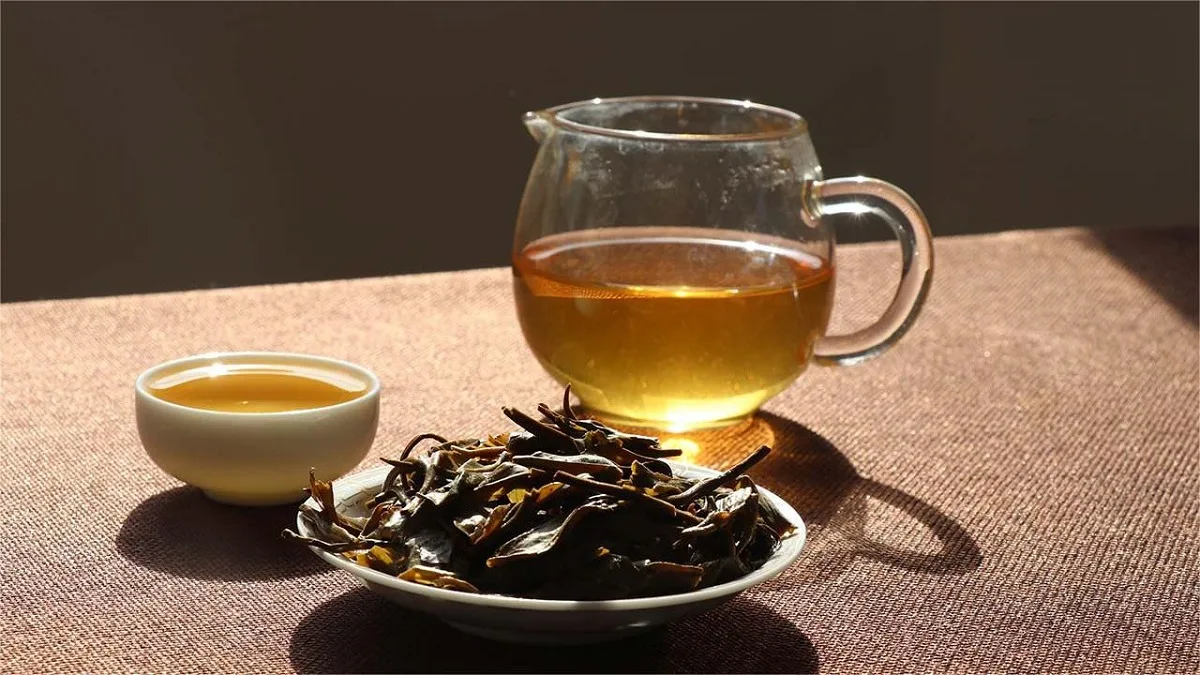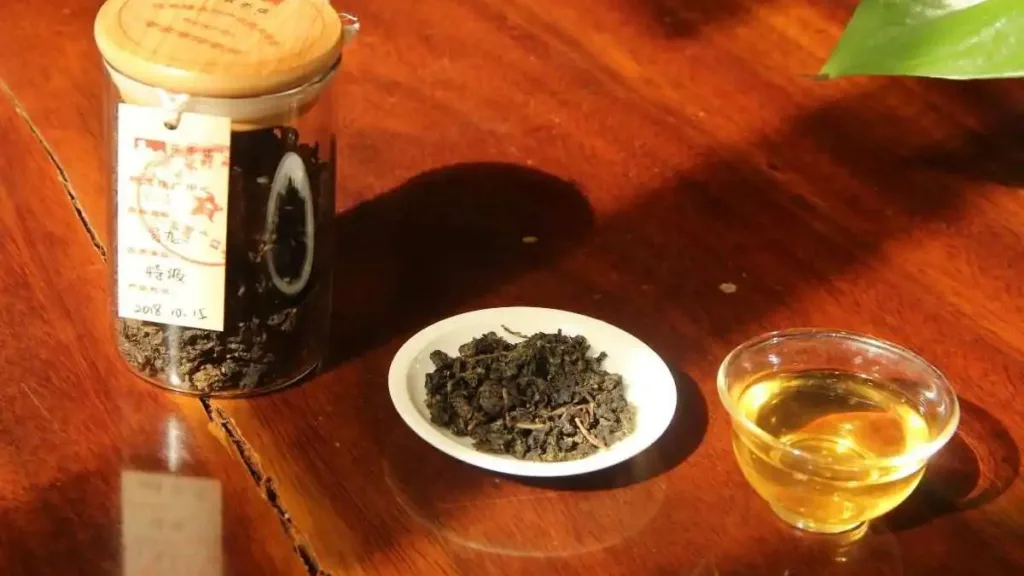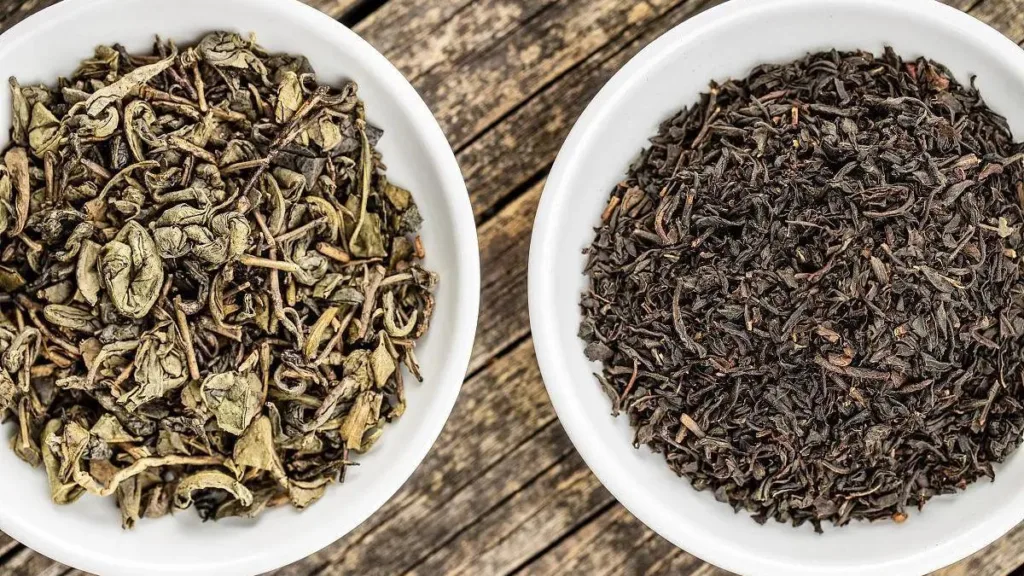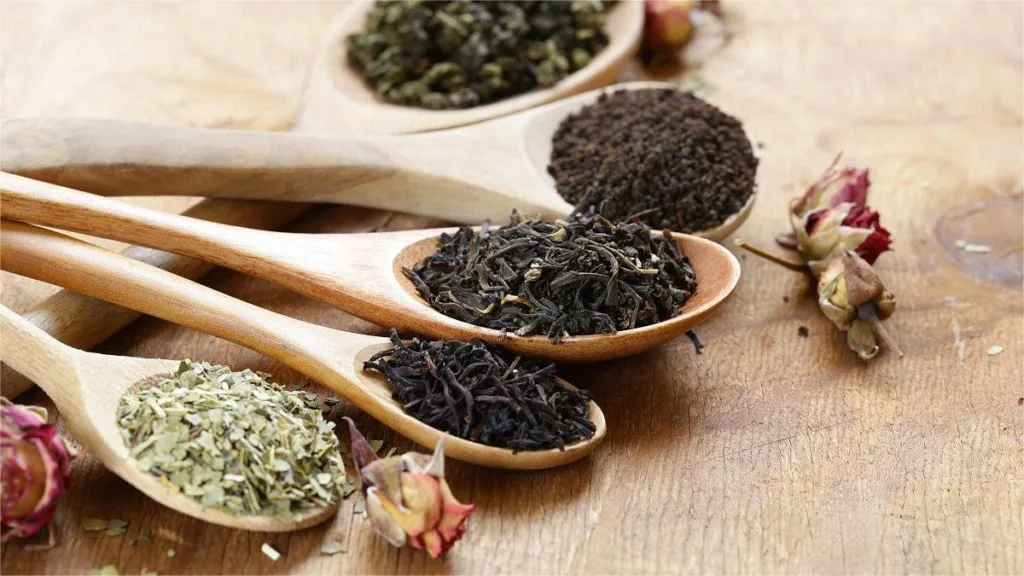Chinese teas are renowned for their rich flavors, health benefits, and cultural significance. However, amidst the wide array of teas available, there are considerations and potential dangers associated with certain types if not handled or consumed properly.
Spoiled Tea (Bianzhi Cha): Improper storage of tea can lead to moisture absorption and mold growth. Drinking tea that has spoiled poses serious health risks due to the presence of harmful substances and bacteria. Even high-quality teas, if left too long after brewing, can spoil due to oxidation and microbial growth, rendering them unsafe for consumption.
First Rinse Tea (Toudao Cha): Tea leaves can be exposed to pesticides, fertilizers, and dust during cultivation and processing. The initial rinse of tea, also known as “first rinse,” should be discarded to ensure the brewed tea is free from contaminants. Pesticide residues in tea can lead to chronic or acute poisoning, particularly posing greater risks to children.
Burnt Tea (Jiaowei Cha): Over-roasting tea leaves can cause them to lose their nutritional value and taste unpleasant.
Over-Brewed Tea (Jiupao Cha): Steeping tea for too long results in the oxidation of compounds like theaflavins and catechins, causing the tea to lose its flavor, aroma, and nutritional value. Additionally, prolonged exposure of brewed tea to the environment can lead to microbial contamination, making it unhygienic.
Cold Tea (Leng Cha): Drinking cold tea might cause the body to retain coldness and phlegm, potentially leading to adverse effects.
Scalding Tea (Tang Cha): While tea is typically brewed with hot water, excessively hot temperatures can irritate the throat, esophagus, and stomach. Long-term consumption of scalding hot tea may result in organ damage.
Cross-Flavored Tea (Chuanwei Cha): Storing tea with other aromatic substances can cause it to absorb unwanted flavors, some of which might be toxic, like paint or camphor odors.
Strong Tea (Nong Cha): Highly concentrated tea contains excessive amounts of caffeine and theine, leading to strong stimulation. Consumption of overly strong tea can result in insomnia, headaches, dizziness, and digestive issues.
Raw Tea (Sheng Cha): Tea that has been dried without kneading after the fixation process retains compounds similar to those found in fresh leaves. This type of tea can irritate the stomach lining, causing discomfort or pain, especially in older individuals. Properly toasting raw tea in a clean, oil-free iron pot can reduce its rawness, making it safer for consumption.
These potential risks associated with various types of Chinese teas highlight the importance of proper storage, brewing methods, and awareness of the tea’s quality to ensure a safe and enjoyable tea-drinking experience.



